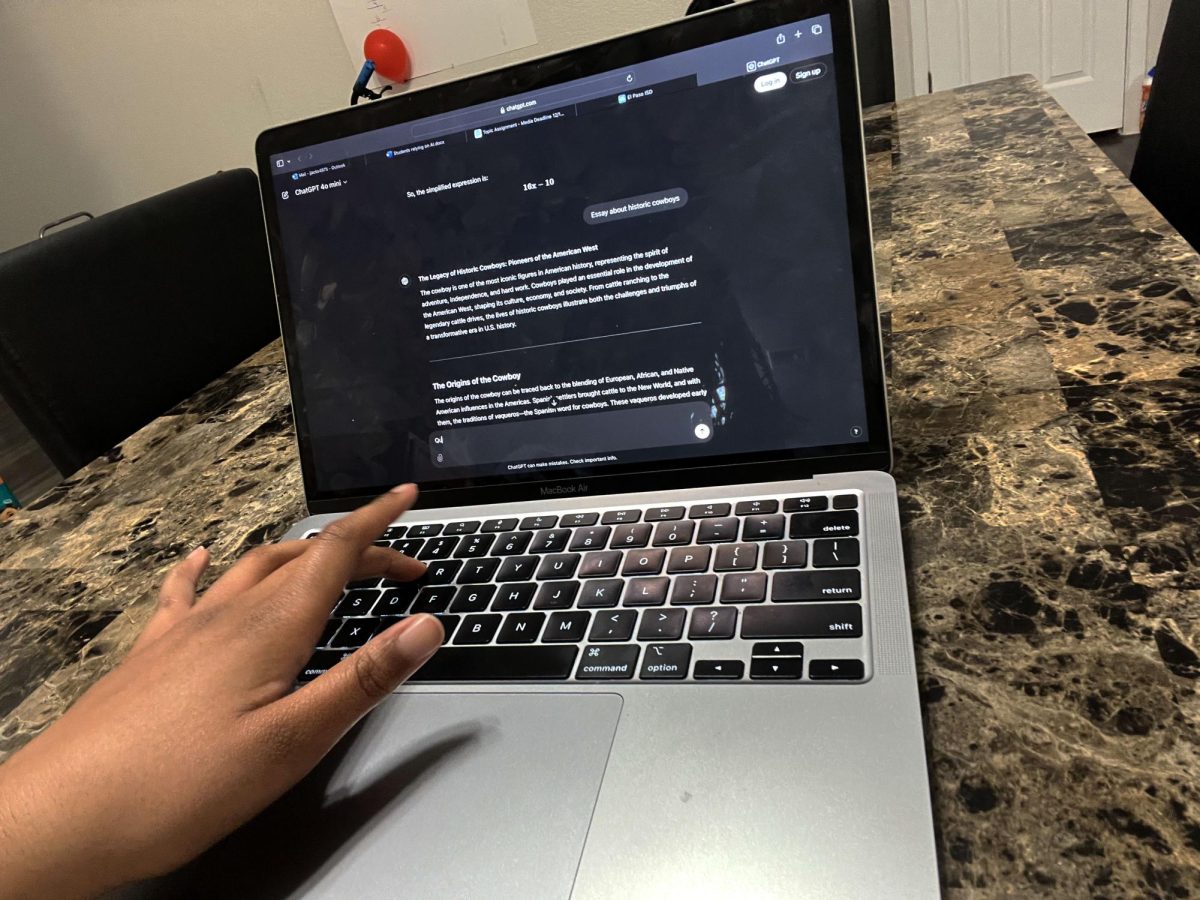
As November began, staff began the installation of new and improved water fountains around the school. Students immediately took notice.
The fountains came as a surprise to mostly the entire school. However, they were put to use right away and counter for reusable bottles has already surpassed the hundreds on some fountains.
“I really like the fact that I can refill my bottle with ease,” senior Dylan Jones said. “It was always a hassle to fill up any bottle on the old fountains.”
Although our new water fountains are a welcomed improvement. According to ABC News, 77% of schools around the country regulated by the EPA have had some level of lead contamination in their water. Only 18 states in the U. S. have mandatory lead testing for schools meaning the majority of schools may not test their water as it is optional.
According to EPISD reports, the water bill of EPISD properties during the month of October 2023 ranged anywhere from $100-$15,000. Chapin was on the lower end of this spectrum at $180. I also found $0.12 of every dollar is spent on student support counselors, social service, health service, transportation, and extracurricular activities.
“I think these new fountains are a major improvement over what was there previously,” senior Allen Pedroza said.”I find myself using the newer fountains more often than I would before.”
Grant funds were given during the online school year of 2019-2020. According to TEA, the ESSER grant was set with availability from March 13, 2020 through September 30, 2023. This was right around the time these fountains would have been purchased and installed in the coming months.
Since 2020, EPISD has implemented many policies to ensure sanitation of appliances and supplies across the district, to include water fountains. So the sanitation of these fountains is of little concern.
In 2021, the EPA issued an order for all roughly 25,000 Texas schools to test their water systems for contaminants. This order came from the nationally covered emergency in Flint, Michigan. The statewide order is set to complete in january 2024. According to TASB, the school is considered a non-transient non-community water system. It is a small water system which supply water to the same population for at least six months a year and is required to test their drinking water for lead contamination.
Schools found with lead contaminated drinking water are required by law to notify parents of the issue and shut down any faucets or fountains tested positive for lead. The school never notified any parents or issues any sort of release discussing contamination of water on campus.
Additionally, according to the manufacturer Murdock Manufacturing, the new drinking fountains are NSF 42, 53, & 372 certified. The NSF, or National Sanitation Foundation, establishes voluntary national standards for residential water treatment filters. NSF 42 certified filters are more for aesthetic impurities rather than health related ones such as chlorine and taste/odor. NSF 53 & 372 certified filters however, address health related issues.
NSF 53 filters are certified to reduce contaminants with health effects including lead, Cryptosporidium, VOCs, and chromium. NSF 372 filters specifically addresses the lead content of water. Any system with this filter ensures the water contains no more than 0.25% lead, as regulated by the Safe Drinking Water Act and related regulations.


